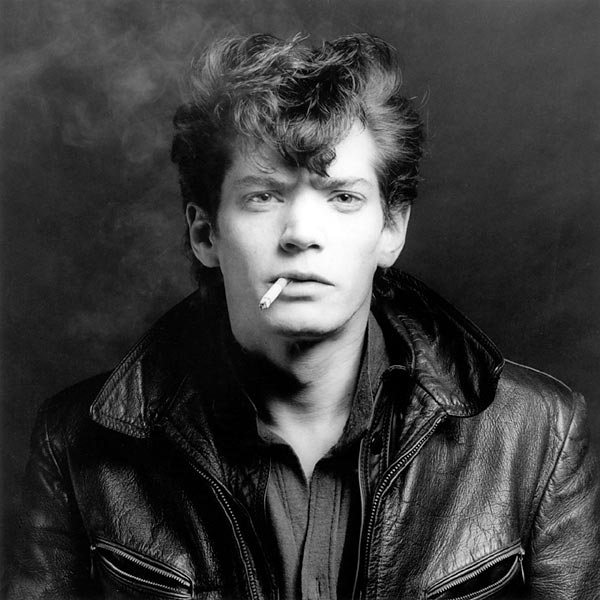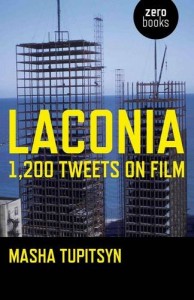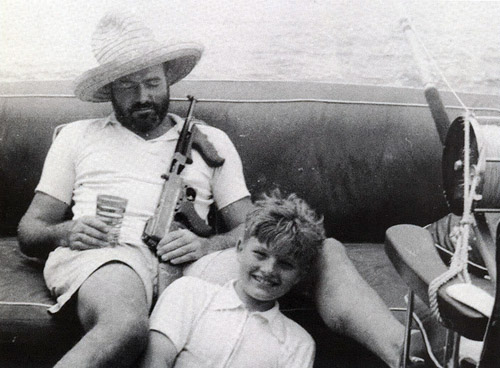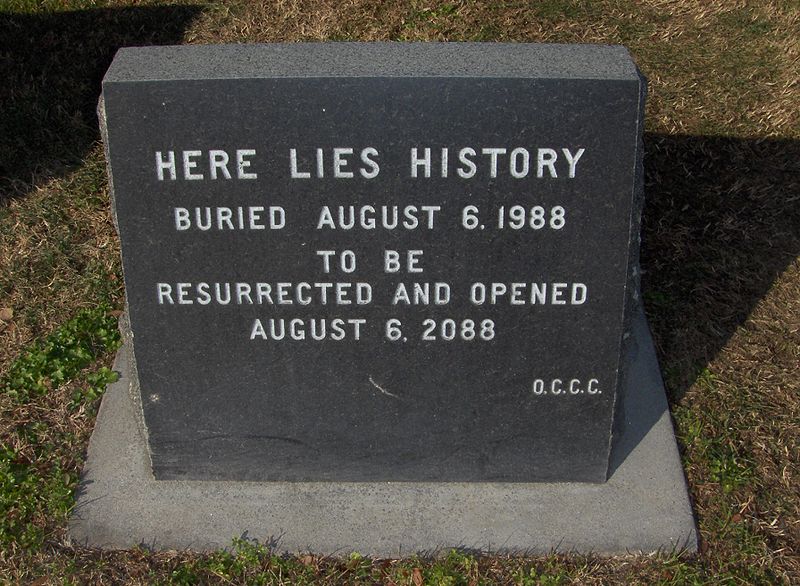50 Endings: Hemingway
Rinaldi was a disappointing audience.
Yes.
I got a lot of use for that arm.
After a while I went out and left the hospital and walked back to the hotel in the rain.
In the morning there was a big wind blowing and the waves were running high up on the beach and he was awake a long time before he remembered that his heart was broken.
“I feel fine,” she said. “There’s nothing wrong with me. I feel fine.”
But they could not help his fear because he was up against an older magic now.
First there were birds, then me, then the Greeks, and even the birds got more out of her than I did.
“We’ll have to go,” Nick said. “I can see we’ll have to go.”
Looking back from the mounting grade before the track curved into the hills he could see the firelight in the clearing.
Then he was dead.
When they fired the first volley he was sitting down in the water with his head on his knees.
A short time after he contracted gonorrhea from a sales girl in a loop department store while riding in a taxicab through Lincoln Park.
It was a good thing to have in reserve.
The Smooth Surface of Idyll
Happiness is not a popular subject in literary fiction, mostly because I think we struggle, as writers, to make happiness, contentment, satisfaction, interesting. Perfection often lacks texture. What do we say about that smooth surface of idyll? How do we find something to hold on to? Or, perhaps, we fail to see how happiness can have texture and complexity so we write about unhappiness. That is easier or for me, or at least seems easier. I am probably too comfortable going there, wallowing in this idea of darkness, suffering, unhappiness. Misery loves company. We are unhappy together.
I have been thinking about happy endings. I am always thinking about happy endings. I am always thinking about happiness.
Robert Mapplethorpe on Writing

“I don’t know why my pictures come out looking so good. I just don’t get it.”
“I just want to be written about as a normal artist.”
“I recorded that because it happened to me. I wasn’t making a point.”
“I don’t think any collector knows his true motivation.”
“I played around with the flowers and the lighting, so that was a good way to educate myself.”
“I wish I could be elegant.”
“I’m not a photojournalist.”
“If I am at a party, I want to be at the party. Too many photographers use the camera to avoid participating in things. They become professional observers.”
“My lifestyle is bizarre, but the only thing you need to know is where the darkroom is.”
“One must ease the public into it – that’s an art in itself.”
“The more pictures you see, the better you are as a photographer.”
“The photographs that are art have to be separated from the rest – then preserved.”
“To make pictures big is to make them more powerful.”
“Whenever you make love to someone, there should be three people involved – you, the other person, and the devil.”
“With photography, you zero in; you put a lot of energy into short moments, and then you go on to the next thing.”
Copywrite on Writing
“A camera can’t capture the essence.”
“It’s like, when I hear a bassline, I think of blue. When I hear pieces of a nice beat, I think of green, like emeralds and shit. To me, music is like how I look at drawing: it’s just shapes, you’ve just got to put it in the right spots. A picture of Mickey Mouse is just a bunch of circles; you’ve just got to know where to stop the connections at. To me, music and words are just all shapes.”
“I don’t want to be mainstream–I want to piss in it.”
Would You Keep Writing If No One Was Ever Going To Read Your Work Ever Again?
 Some thoughts on this question.
Some thoughts on this question.
1. When posed to a musician friend of mine, he thinks for a while and looks serious and sad, like we’ve just seen a small animal die. Then he says, “I think I would still make music but it would sound much different.” Then he says, “Lets go get ice cream.”
2. We talk a lot about the work being the reward in itself and that’s true because I think having the time to write can feel sometimes really exciting, but it’s also really grim and lonely and makes me angry, morose, anxious, etc. And yet I keep doing it and I feel like my life depends on whether or not I get enough time to work in any given week.
3. One of the most awesome things ever is finding out that a story you published was read and enjoyed and understood by someone, but we don’t talk about the underside to this– that others may have read it and felt disconnected, isolated, ambivalent. I don’t think you can help but think about those people sometimes and feel sad about it.
4. The publishing high lasts about fourteen seconds for me. Then the anxiety about all the stuff I haven’t finished comes back.
5. For the five-ish hours I ideally get to spend writing, I get about twenty cumulative minutes of sincere satisfaction with a specific sentence, passage or phrase and the rest of the time is spent being mildly irritated that I can’t get that sincere satisfaction to stay.
6. Maybe people who make shit really just want to be alone and then for people to later come along and appreciate the product of their aloneness. Maybe this is a way to confirm that being human and necessarily isolated in your own body and mind is ok.
7. Everything I wrote from when I was a little kid (maybe 7) until I was about 20 was for myself. I didn’t want anyone to read it at all. It was its own reward. I wanted to become a psychologist and I never wanted to publish anything. Then I started wanting to publish stuff and then the writing became much more anxious and every paragraph seemed crucial to something.
8. I would keep writing if no one was ever going to read what I had written but I think I’d have to find some other outlet for myself– some creative endeavor or occupation that made me feel like I was reaching someone with something authentic. Writing would become a totally different habit, and I’d probably write less. I would need to read more, too.
House Wife Blues: Plath, The Bell Jar, and Writerly Neuroses

Yesterday, my boyfriend and I were out walking the dog, and I was feeling shitty about work as usual. Rounding the corner where the Bay meets the roadway, sun setting pinkly, I blurted out, “Sometimes I just wish I could be a housewife.” He looked at me and said, “Me too.”
That was the end of it. Which pissed me off even more. I wanted to have a legitimate conversation about what it means to be a housewife (which, by the way, I could never be in the 19050s sense), the fact that it’s not even an option anymore for most women. We’re worker bees now, too. It’s only fair. If I want to stay home, which I kind of do, I have to figure out a way to pull in enough income to pay the mortgage on the house I bought all by myself. I have to be able to pull my weight. Not to mention take care of the dogs, do the laundry, make dinners–all because I’m home, which somehow still means, not doing anything at all. My boyfriend would never say or think these things, by the way, but I would. I struggle with these concepts because I would feel guilty if I had the luxury to write. As if writing isn’t work. Writing poetry isn’t work, it’s what you do in your spare time.
In her essay “The Bell Jar at 40,” Emily Gould writes of Sylvia Plath:
Ontology of the Cat Poet
THE BIRTH OF THE CAT POET’S CAPACITY FOR PASSION
OR, THE MAKING OF A MAN CAT OF LETTERS
Witness my house’s cat George Jackson pen his magnum opus. Below are some notes provided by Susan Sontag from her essay on Marina Tsvetaeva titled “A Poet’s Prose.”
*
Being a poet is to define oneself as, to persist (against odds) in being, only a poet.
//
Actually, the frontier between prose and poetry has become more and more permeable — unified by the ethos of maximalism characteristic of the modern artist: to create work that goes as far as it can go.
[GEORGE SAYS: “NO. POETRY IS THE HIGHEST FORM. I REFUSED TO ADMIT THE UNREFINED SCRIBBLINGS OF A NON-POET.”]
//
Homage to others is the complement to accounts of oneself: the poet is saved from vulgar egoism by the strength and purity of his or her admirations.
//
Poet’s prose is mostly about being a poet. And to write such autobiography, as to be a poet, requires a mythology of the self. The self described is the poet self, to which the daily self (and others) is often ruthlessly sacrificed. The poet self is the real self, the other one is the carrier; and when the poet self dies, the person cat dies. (To have two selves is the definition of a pathetic fate.) Much of the prose of poets—particularly in the memoiristic form—is devoted to chronicling the triumphant emergence of the poet self. (In the journal or diary, the other major genre of poet’s prose, the focus is on the gap between the poet and the daily self, and the often untriumphant transactions between the two. The diaries—for example, Baudelaire’s or Blok’s—abound with rules for protecting the poet self; desperate maxims of encouragement; accounts of dangers, discouragements, and defeats.)
//
In prose the poet is always mourning a lost Eden; asking memory to speak, or sob.
//
All of Tsvetaeva’s George’s work is an argument for rapture; and for genius, that is, for hierarchy: a poetics of the Promethean.
//
To be a poet is a state of being, elevated being: Tsvetaeva George speaks of her his love for “what is highest.”
//
There is the same quality of emotional soaring in her his prose as in her his poetry: no modern writer takes one as close to an experience of sublimity.
To have your writing solicited, and then to be rejected by said solicitor, is good for you.
It’s Okay to Hug Your Ten Years Ago Writing Self
I’ve been going through my older writing I never did anything with to see if I can send any of it out. In 2000 and 2001, I wrote my master’s thesis, a short story collection called How Small The World. I wrote a bunch of other, mostly insane stories about, well, most of the themes I’m still writing about. I was 26. I was writing literary fiction for the first time after writing genre fiction, erotica, for years, so I was trying to learn the rules as I wrote and also trying to be less filthy. I only sometimes succeeded on that front. Some of the stories hold up in that I’m not totally humiliated. Don’t get me wrong. There is embarrassment but I’ll survive. The stories are certainly workshoppy at times, a bit ponderous, slow moving, introspective, and far more sedate than what I’m currently writing but they’re also publishable with work. This is how I spent my summer vacation–identifying the strange preoccupations I had ten years ago and pretending I don’t have a whole new set of preoccupations now.






